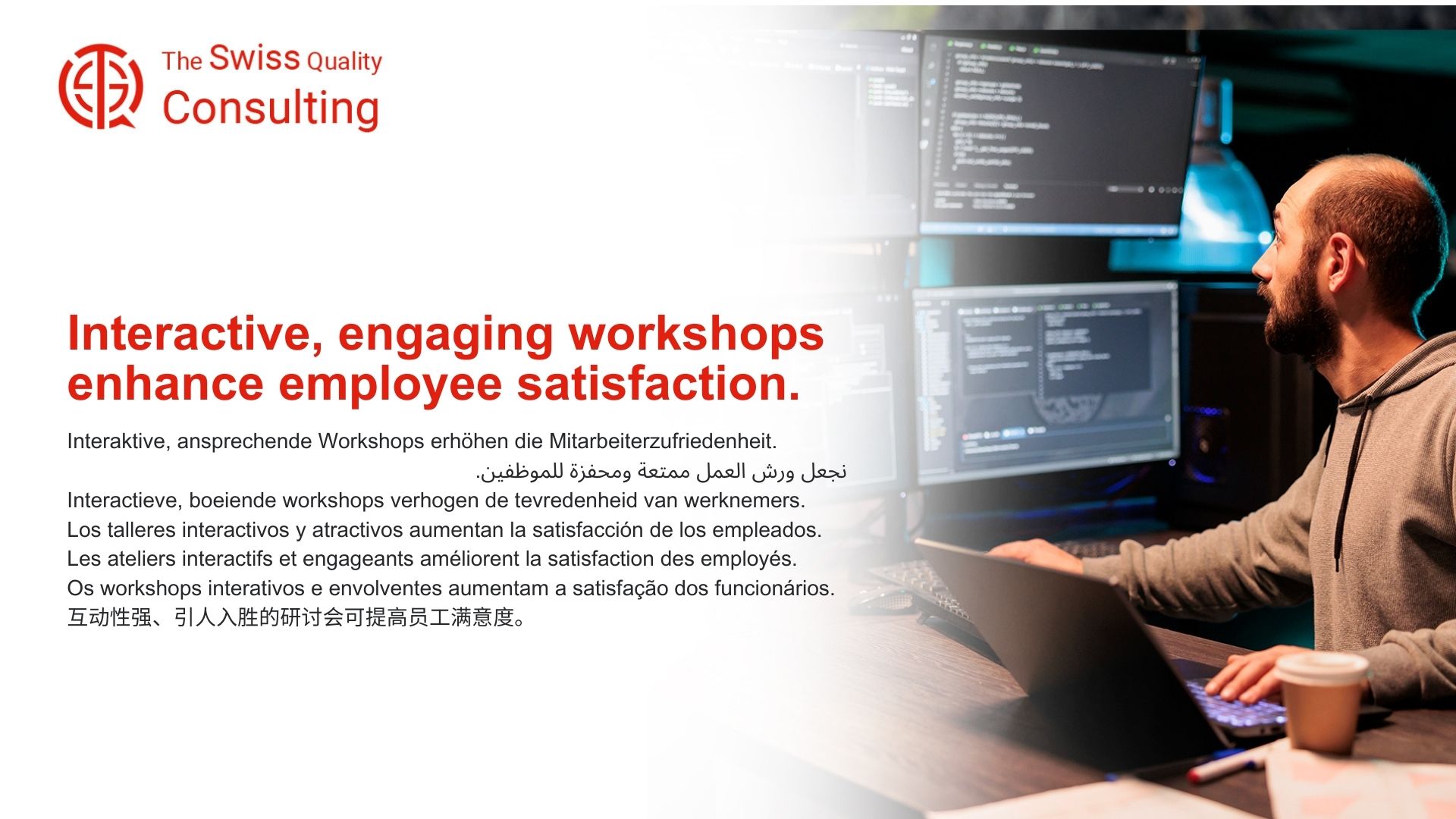Maintaining Peak Performance in Business Systems
In the complex and fast-paced business environment, the reliability of systems is a cornerstone of operational success. Regular maintenance, a critical yet often overlooked aspect, plays a vital role in ensuring system reliability and efficiency. This article delves into the importance of routine maintenance in sustaining system performance and preventing potential failures that can hinder business operations.
The Importance of Regular System Maintenance
Regular system maintenance transcends mere routine checks and repairs; it serves as a strategic imperative for orchestrating unwavering operational resilience, building a future-ready infrastructure, and empowering businesses to thrive in a world of unprecedented technological complexity. This transformative approach empowers organizations to:
1. Achieve Uninterrupted Operations and Maximize Business Continuity: By prioritizing proactive maintenance, businesses minimize downtime, prevent system failures, and ensure seamless workflows across all departments. This fosters consistent operational efficiency, builds trust with stakeholders, and safeguards against the costly disruptions of unplanned outages.
2. Extend the Lifespan of Assets and Optimize Capital Efficiency: Regular maintenance extends the lifespan of hardware, software, and machinery, reducing replacement costs and maximizing the return on investment in critical business assets. This optimizes resource allocation, fosters financial prudence, and positions businesses for long-term sustainability.
3. Enhance System Performance and Drive Optimal Productivity: Routine maintenance ensures systems operate at peak efficiency, minimizing lag, maximizing processing power, and streamlining information flow. This translates into increased employee productivity, improved customer experiences, and a competitive edge in a fast-paced marketplace.
4. Proactively Identify and Address Potential Issues Before They Escalate: By analyzing system logs, conducting stress tests, and performing preventive checks, businesses can detect early warning signs of potential issues before they snowball into major breakdowns. This proactive approach mitigates risks, minimizes repair costs, and empowers informed decision-making.
5. Adapt to Evolving Technologies and Stay Ahead of the Curve: Regular maintenance ensures systems are adaptable and readily integrate with new technologies and updates. This future-proofs infrastructure, fosters innovation, and empowers businesses to stay ahead of the competition in an ever-evolving technological landscape.
6. Foster a Culture of Proactive Problem-Solving and Shared Responsibility: By prioritizing maintenance as a shared responsibility across departments, businesses cultivate a culture of proactive problem-solving and preventive action. This empowers employees to take ownership of their systems, report potential issues early, and contribute to building a resilient operational environment.
7. Secure a Competitive Advantage and Build Trust with Stakeholders: By prioritizing unwavering operational resilience and demonstrating a commitment to proactive maintenance, organizations gain a significant competitive edge by minimizing downtime, maximizing efficiency, and building trust with clients, partners, and investors. This translates to increased market share, improved brand reputation, and enduring success in a competitive market.
8. Build a Future-Ready Infrastructure and Embrace Unwavering Operational Resilience: Investing in robust maintenance strategies and cultivating a culture of proactive problem-solving future-proofs businesses by equipping them with the necessary tools and strategies to navigate the complexities of tomorrow’s technological landscape with confidence. This ensures long-term viability, safeguards operational continuity, and empowers organizations to continuously evolve their maintenance frameworks for enduring success.
Beyond Stopgap Solutions: A Foundation for Unwavering Operational Resilience and Enduring Growth:
By embracing proactive system maintenance and adopting a transformative approach, organizations unlock the true potential for achieving unwavering operational resilience, a future-ready infrastructure, and enduring growth. This empowers them to achieve uninterrupted operations, optimize assets, enhance performance, identify issues early, adapt to change, foster responsibility, secure a competitive advantage, and build a future-ready infrastructure, ultimately building a future where their operations thrive on unwavering resilience and their success is driven by the unparalleled power of anticipating and preventing challenges from disrupting their journey.
Embrace the power of proactive system maintenance and embark on a transformative journey towards a future where your operations are resilient, your infrastructure is future-ready, and your success is a testament to the unparalleled power of preventing problems before they arise.
Change Management in System Maintenance
Implementing a systematic approach to regular maintenance requires effective change management. Organizations need to develop a maintenance schedule, allocate resources, and train personnel in maintenance protocols. Change management ensures that maintenance activities are integrated into the daily operations smoothly and efficiently, with minimal disruption to the workflow.
Executive Coaching for Maintenance Leadership
Leadership plays a pivotal role in emphasizing the importance of regular maintenance. Through executive coaching, leaders can acquire the skills to develop and enforce maintenance policies, manage maintenance teams effectively, and integrate maintenance strategies into broader business objectives. Coaching helps in fostering a culture where regular maintenance is valued as a key business function.
Effective Communication in Maintenance Strategies
Clear and effective communication is essential for the successful implementation of maintenance strategies. It involves educating the team about the importance of maintenance, its impact on system reliability, and the procedures to be followed. Communication ensures that all team members are aligned with the maintenance goals and understand their role in maintaining system reliability.
Leveraging Technology for Maintenance Efficiency
Advancements in technology, especially in fields like Generative Artificial Intelligence (AI), can greatly enhance the efficiency of maintenance processes. AI can predict system failures, schedule maintenance activities, and automate certain maintenance tasks. This integration of technology in maintenance not only improves efficiency but also reduces the likelihood of human error.
Conclusion System Reliability
In conclusion, ensuring system reliability with regular maintenance is crucial for the smooth operation and sustainability of business processes. Regular maintenance not only prevents system failures but also contributes to the overall longevity and efficiency of business operations. By prioritizing maintenance, businesses can ensure reliability, reduce operational risks, and maintain a competitive edge in the market.
#SystemMaintenance, #OperationalExcellence, #BusinessContinuity, #Reliability, #TechnologyManagement























